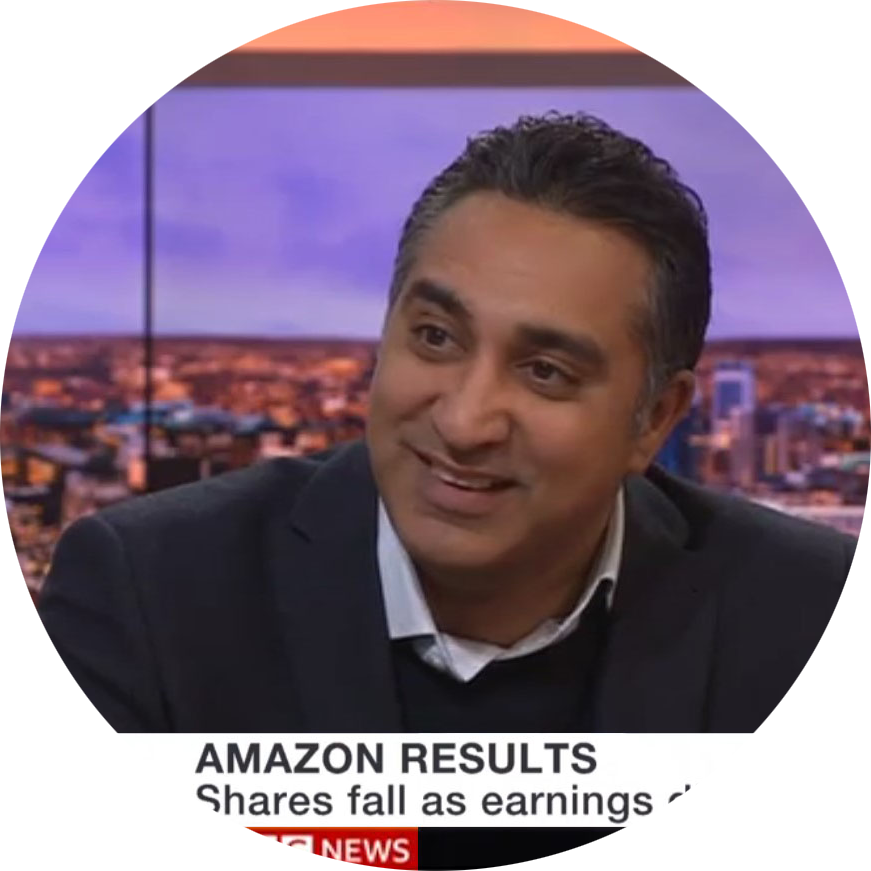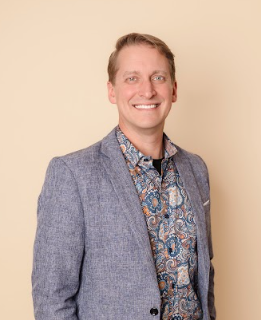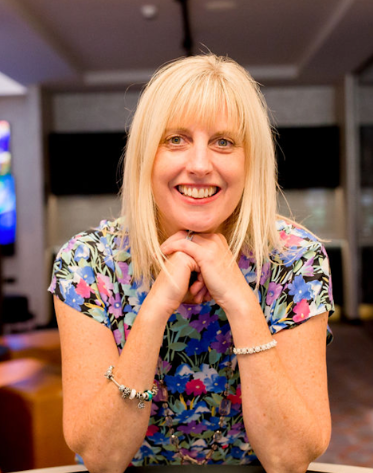Tom Elliott is the founder of Ocuroot, a platform designed to improve developer experiences by making complex deployments simpler, more flexible, and more consistent. With years of experience in the corporate tech space, Tom chose to step into entrepreneurship when the right idea, timing, and passion aligned. His journey reflects the courage to build something from the ground up while navigating uncertainty, self-doubt, and industry challenges. Humans of Fuzia is featuring Tom because his story of resilience, innovation, and determination to create impact through technology can inspire our 5 million–strong community working toward a shared mission of empowerment through He for She and She for She support.
Q: Tom, what inspired you to start something of your own after a career in the corporate space?
A: It was always something in the back of my mind—I had a goal of creating something new from the ground up. Eventually, the timing aligned. I had an idea I really believed in, one that solved a problem I had personally faced. At the same time, I was in a position where I could afford to step away from a paycheck for a while and invest in building something meaningful. All those factors came together, and that’s how I decided to start Ocuroot.
Q: Who is the primary audience for your work?
A: My focus is on development teams and the groups that support them—like platform teams, DevOps, SRE, and enablement teams. The bigger goal is to make the developer experience better: helping teams deploy consistently, manage complex requirements, and adapt quickly. In a way, I’m building the tool I wish I had 18 months ago.
Q: What benefits have people seen when engaging with Ocuroot?
A: While it’s still early and not yet used in production, people experimenting with it have found it flexible and easy to adapt. They’ve appreciated that it’s not overly rigid and that the learning curve is less steep compared to similar tools. I’m excited to see how it evolves as more teams start using it.
Q: Imposter syndrome is something many entrepreneurs face. How has it shown up for you?
A: Definitely—it’s been part of my career all along. As an entrepreneur, I especially noticed it on LinkedIn and social media, where there’s no shortage of people telling you the “right” way to build, market, or grow. The truth is, everyone’s different, and what works for one person may not work for another. I’ve learned to try different approaches and not get discouraged if something doesn’t fit my style.
Q: Looking back, is there anything you would have done differently when starting out?
A: Yes, I took some advice too literally. For example, many people told me not to open source or to focus only on decision-makers rather than developers. Following that advice actually made things harder for me. I’ve since returned to building an open source core and focusing on developers—the people who would actually use the product. The response has been far more positive this way, and I wish I had trusted my instincts sooner.
Q: What challenges have you faced in this industry?
A: One big challenge is the mindset that there’s always a single “right” way to do things—whether it’s Kubernetes, GitHub, or a particular programming language. But technology isn’t one-size-fits-all. Different companies have different structures and needs. I’ve learned to accept that my product won’t be for everyone—and that’s okay.
Q: What kind of legacy do you want to create through your work?
A: I’d love to build something that people are still using five years from now. For me, it’s about giving teams more flexibility in how they work, creating tools that are not tied to one “popular” platform but are adaptable and tool-agnostic. If I can help developers innovate without being constrained, that’s the legacy I want to leave.
Q: How do you define success, personally and professionally?
A: Success, right now, is getting people to use what I’m building. If I can get a hundred companies using Ocuroot in production, that’s a huge win. A thousand would be incredible. For me, success is measured in adoption and in building something people find genuinely useful.
Q: What keeps you motivated through uncertain and challenging phases?
A: Honestly, fear plays a role—fear of missing the window of opportunity or running out of runway. But that fear drives me to work harder. On the flip side, what really keeps me going is excitement. When I end a day wishing I could keep working because I’m so engaged with what I’m building—that’s when I know I’m on the right path.
Q: Finally, what advice would you give to aspiring entrepreneurs?
A: Don’t let unsolicited advice discourage you. Everyone has an opinion, and they often contradict each other. Take advice with a pinch of salt, but trust yourself. Focus on why you’re doing things a certain way and what works for you. Most importantly, don’t let anyone make you feel like you’re not good enough just because you’re not following their process.
“Don’t let unsolicited advice make you doubt yourself—focus on what works for you and keep moving forward.” – Tom Elliott
Connect with Tom Elliott:
LinkedIn: https://www.linkedin.com/in/telliott1984/
BlueSky: https://bsky.app/profile/telliott.me
Substack: https://thefridaydeploy.substack.com/
Personal site: https://telliott.me
Business site: https://www.ocuroot.com
Want to be featured?
If you’d like to be featured in the Humans of Fuzia series, email us at fuziatalent@fuzia.com.









